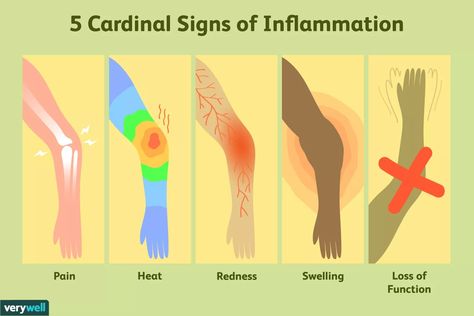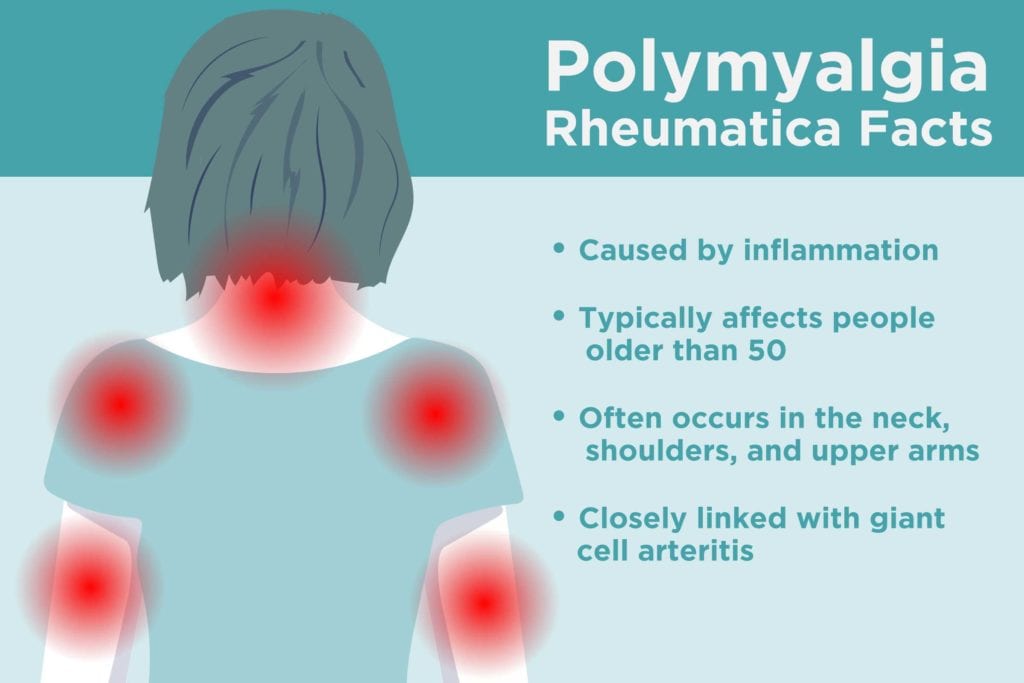
Muscle inflammation is a very common problem, yet very few people realize that they have it. This condition may be very unnoticeable to the person affected, who may appear to be healthy and normal. Yet they may experience weakness and limitations in their daily activities. The symptoms of muscle inflammation can be easily identified by a physical examination, and treatment options can vary. Physiotherapy and therapeutic massage can be extremely helpful for the afflicted.
Inflammation of the muscles is a response to an autoimmune reaction to damage. This condition can cause the muscles to atrophy, causing them to lose their strength. Inflammation can affect the muscles both internally and externally. Inflammatory muscle diseases can also affect the body’s organs and tissues. During this process, the immune system will send inflammatory cells to the area and release chemicals that cause blood vessels to leak fluid into tissues.
During an inflammatory process, the body’s immune system will attempt to repair the damage. When a muscle is injured, it becomes tender, sore, or painful. This painful state occurs when the muscle is being used, even when it is not in use. It can be so intense that it limits movement and prevents the person from doing normal activities. Almost everyone experiences aching muscles at some point in their lives. This can make even basic tasks like walking or bending down more difficult.
Muscle inflammation can be quite painful and disabling. A muscle can become inflamed if the immune system mistakenly attacks it. The condition is caused by a malfunction of cytotoxic T cells (cytotoxic T cells), which attack and destroy muscle cells. This leads to muscle weakness and atrophy. So how do you know if they have inflammatory muscle disease?
A healthcare professional can easily spot the symptoms of muscle inflammation. Pain in the hip or lower leg can be caused by many conditions, but a doctor can usually determine what is causing it. Muscle inflammation is a type of autoimmune reaction that damages internal organs and tissues. The immune system mistakenly attacks muscle tissue and creates a chronic state of weakness. It is very important to recognize the symptoms of muscle inflammation

to properly treat this condition.
Inflammatory muscle condition is associated with damage to muscle tissue. The result is muscle weakness and muscle inflammation. These conditions are known as inflammatory myopathies. When these inflammatory myopathies affect the muscles, the immune system mistakenly targets the muscles as a source of infection. The reaction of the body can lead to swelling and degeneration of the muscles, which leads to a violation of their function. The symptoms of autoimmune muscle disease are easy to recognize and a doctor can make the correct diagnosis.
When muscles are inflamed, they can become damaged or even atrophy. This inflammatory disease can occur both internally and externally and is a serious condition. Inflammation can affect a person’s lungs, heart, or kidneys. When the immune system attacks a part of the body, it often mistakenly targets muscles, resulting in muscle weakness. This type of inflammatory disease can be fatal, so it is important to get the inflammatory disease diagnosed as soon as possible and get advice from a health website www.healthbrandsshop.com/.
Inflammation is a response to autoimmune damage to a part of the body. Muscle inflammation is a painful condition that affects the muscles. This condition can also affect internal organs. Inflammation of the muscles can lead to the destruction of a person’s muscles. Depending on the type of injury, the condition can lead to severe disability. If it is internal, it can lead to other diseases. When it affects the muscles, it is known as myositis.
Muscle inflammation is often a sign of illness or injury. Inflammation can occur anywhere in the body. It can occur both on the surface of the muscles and inside the body. Muscle inflammation can also damage organs and internal tissues. The symptoms of the condition vary from person to person. If the pain is external, it is probably an autoimmune disease. Inflammation in the muscles occurs internally. This happens when the immune system mistakes a healthy cell for a foreign invader. Muscle inflammation is not a disease, but a symptom of an autoimmune disorder.